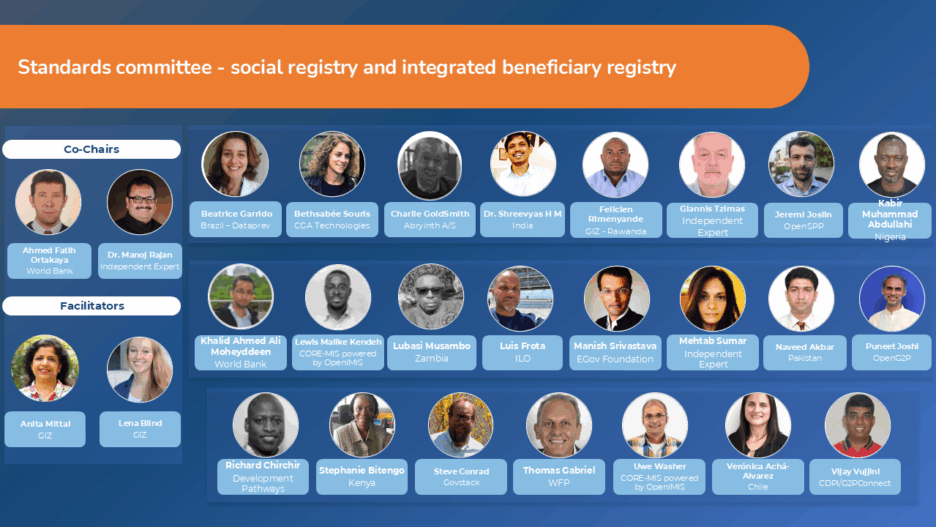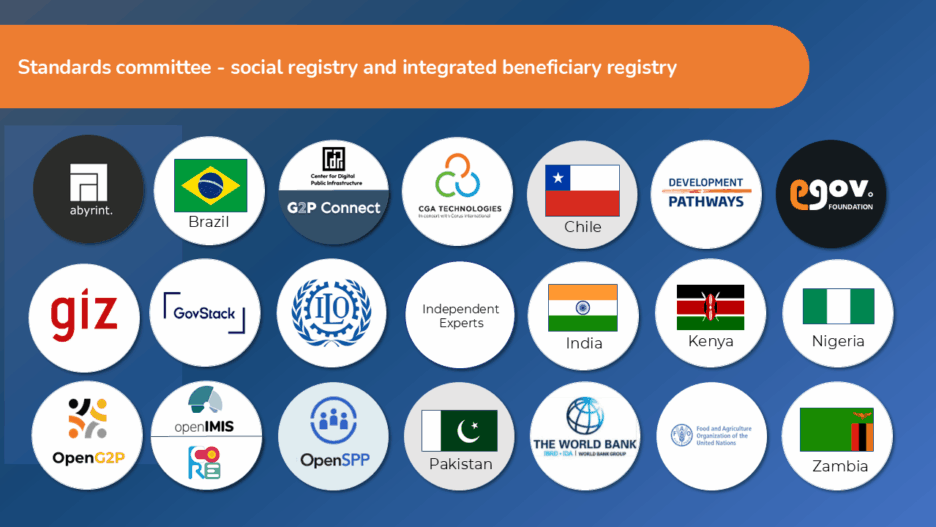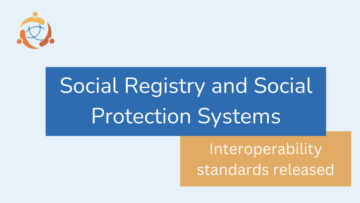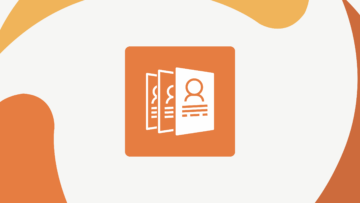Social registry

About
DCI develops various technical standards for interoperability. Learn more about our work and the standards process here.
Social registries are information systems that collect socio-demographic information on the population or a subset thereof. Social registries may operate independently or as part of a broader social protection system, which includes various schemes and programs. Depending on the population coverage, social registries can allow for strategic planning and resource allocation.
Where records are up to date, social protection schemes and programmes can use social registries for:
- Outreach, intake, registration
- Assessing needs and conditions for eligibility for one or more social benefits or services.
The social registry and social protection interoperability standards were endorsed by USP2030 and released on Gitbook.
Standards Committee
The Standards Committee for the Interoperability of social registry and social protection information systems brought together experts from 21 different organizations including governments, international organizations, digital public infrastructure (DPI) initiatives, digital public goods (DPGs), solution providers and individual expert.




